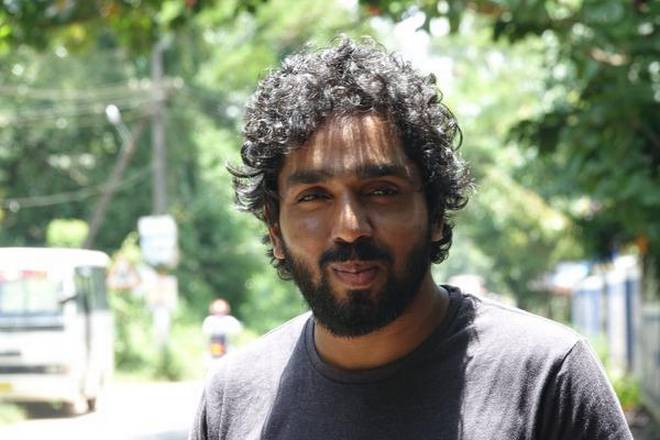Kochi, KERALA :

Feature-length documentary on the Wayanad tribe’s struggle for existence
A humdrum yet clear rendition of Penappattu, the ballad of the Paniyar tribe of Wayanad with its narrative on their origin and life, soaks the Paniya household in bereavement seven days after someone’s parting.
The intoner, Athali, takes no break as he calmly retells from morning, well into the brooding night, the course of his clan’s struggle for existence from the beginning. “It’s like a swirling song of the dead – the soul of their forbears rattling out their saga,” says Aneez K. Mappila, who has authored the life and death of Paniyars in a feature-length documentary, The Slave Genesis. “The tribe, as you see in the film, is deeply and inwardly spiritual.” The Paniyars believe that long ago, a feudal landlord, Ithimala Gowda, also referred to as Ithimala Pappan, had trapped them using a hand net and engaged them for labour in the fields.
“There is no paddy field, coffee or pepper plantation in Wayanad, especially those owned by settlers, that hasn’t used their labour. The practice continues to date,” says Aneez, from Kalpetta. The film, shot single-handedly over three and a half years, has a scene in which Aneez’s grandfather Moidu Haji, who has since died, narrates the story of his grandfather Pakramar, left with no other option, migrating to Wayanad in the 1860s with three of his friends. “They bought 32 acres of land from a Gowda, who also parcelled out a few Paniyars for tilling their fields. The Paniyas were paid in kind, with a portion of rice as wages,” Haji says in the film. It was his long association with the Paniya workers that prompted Aneez to make a film on their life and after-life. The film opens with a personalised childhood recollection. “I was a single-man crew and as I went about shooting, a suicide happened in the community, which led me to their pithy Penappattu.”
From a death and the superstitions surrounding it, the film takes us through various facets of the Paniya life, all punctuated with hardship, misery and tales of exploitation. “They realise they’ve been historically exploited, as we understand from the Penappattu in which the Gowda, eager to have more of their ilk, asks Paniya siblings to stay man and woman below the waist.”
Cut to modern times, scenes of the elaborate ritual following a girl attaining menarche are followed by episodes of young men getting entangled in POCSO cases, thanks to the tribe’s practice of marrying off girls young.
A graduate in English, he worked as a journalist for sometime before taking documentaries on Wayanad’s agrobiodiversity and tribal food security.
The Slave Genesis was produced with support from DOCEDGE-Bang, crowdfunding from the Kalpetta Film Fraternity and his own Canopy Black production.
source: http://www.thehindu.com / The Hindu / Home> News> Cities> Kochi / by S. Anandan / Kochi – December 28th, 2017









Very interesting.I want to see the documentary. I believe Paniyar community is also engaged in informal gold mining in the region.